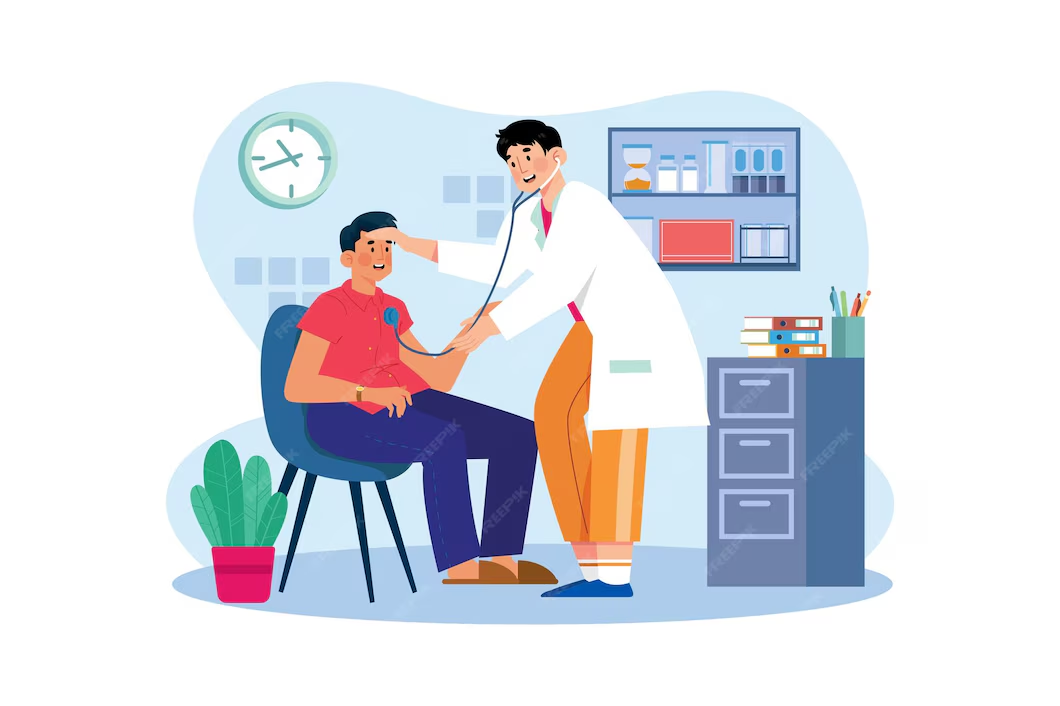Liaison psychiatry, also referred to as consultation-liaison psychiatry, is a dedicated branch of psychiatry that integrates mental health care with general medical care and surgical services, primarily in hospital settings. These experts provide consultation, care for complex patients with comorbid conditions, and teach medical colleagues and staff on psychiatric issues. Their role is to enhance care for patients with both physical and mental health needs, which can result in improved patient outcomes, reduced costs, and shorter hospital stays.
KEY ROLES OF LIAISON PSYCHIATRY
Integration
Liaison psychiatrists work in general medical and surgical departments, connecting physical and mental health care.
Consultation
They offer professional advice and opinion to other medical experts concerning psychiatric characteristics of patient care.
Patient Management
They take care of patients with complex illnesses or conditions, such as those with psychiatric disorders that affect their physical health or those with medical issues that trigger mental health conditions.
Education
A substantial part of their role involves training medical and surgical staff on mental health conditions and smart patient management strategies.
Goals
The end goal is to increase the quality of patient care, assist medical teams in managing psychiatric needs, and improve overall patient mental and physical well-being.
WHY IS LIAISON PSYCHIATRY IMPORTANT?
Complexity
Modern medicine is highly specified, making it critical for psychiatrists to understand the details of numerous medical and surgical settings.
Co-morbidity
Many physical diseases have psychiatric aspects, and many mental health conditions can worsen physical health. Liaison psychiatry helps tackle these interwoven issues and deals with these challenges.
Evidence-based care
These experts provide care ingrained in evidence-based practices, contributing to improved patient satisfaction and techniques.


